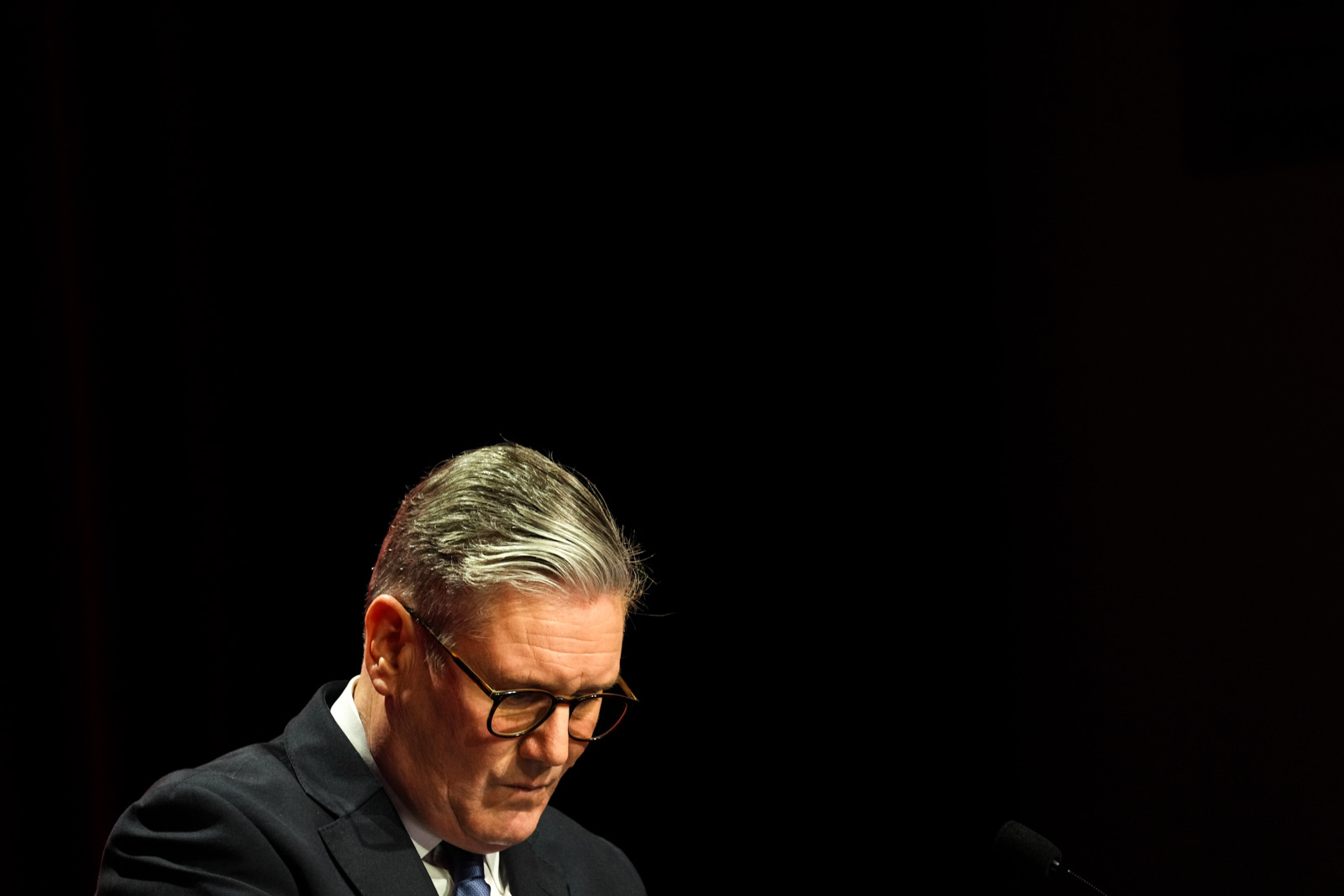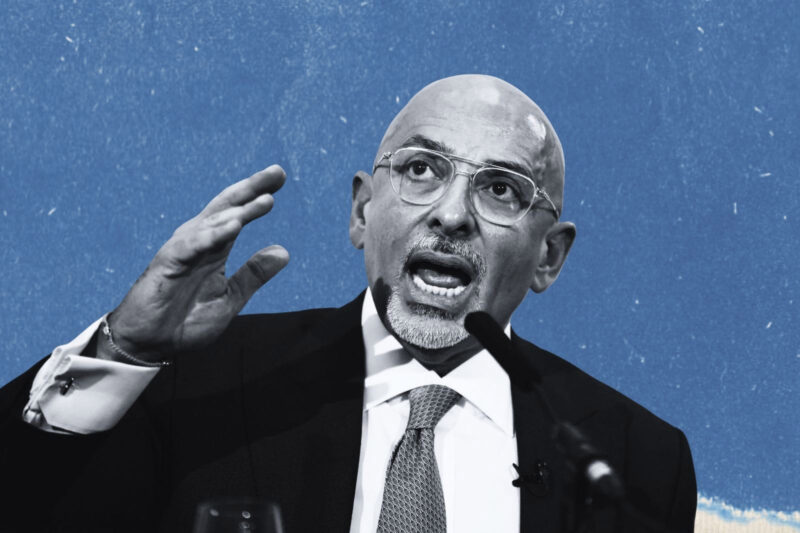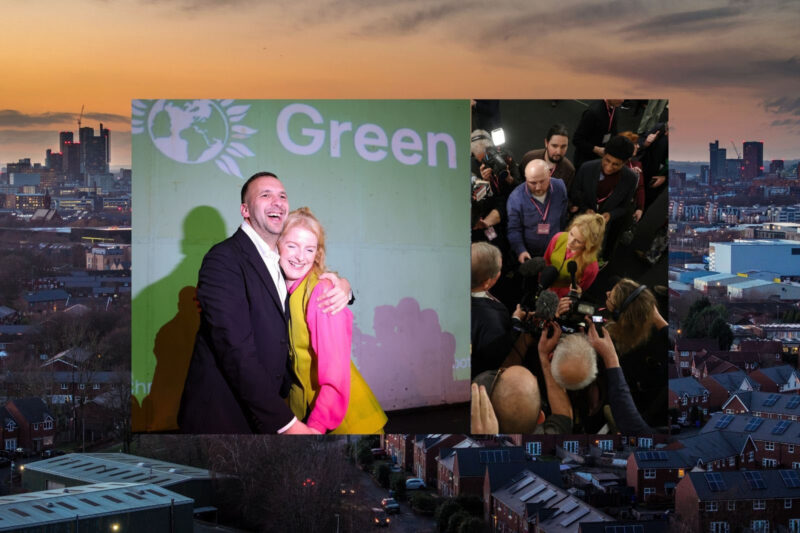Sackings and resignations take the shine off Starmer’s reset

Peter Mandelson’s sacking marks the latest crisis for a prime minister who promised to restore integrity to public office
To describe the past few weeks as bruising for the prime minister would be an understatement. What was meant to be a period of political reset, the start of “phase two” for his government, has instead descended into a rolling crisis of resignations, sackings and brutal headlines.
It all began with the shock resignation of his deputy prime minister, Angela Rayner, who admitted she had failed to pay enough stamp duty on a Brighton property. Rayner’s exit was a personal blow to Starmer, removing one of the most recognisable figures from the front bench. The prime minister responded with a sweeping cabinet reshuffle that was described to me by one Labour special adviser as a “solid attempt to win back the political agenda”. For a brief moment it looked as if Starmer had steadied the ship, but that did not last long.
Yesterday the prime minister sacked his US ambassador, Peter Mandelson, over his connections to the disgraced financier Jeffrey Epstein. The announcement came only a day after Starmer had stood at the Commons despatch box and insisted he had “full confidence” in the former Labour cabinet minister.
The crises had some similarities. In both cases, the prime minister publicly backed a colleague under fire before more damaging revelations were revealed and the person in question either quit or was sacked. One Labour MP said to me this week that this is a pattern that cannot continue.
The government’s explanation for Lord Mandelson’s sacking is that new emails to Epstein had emerged that were “materially different” from what was known at the time of his appointment. In particular, his suggestion that Epstein’s first conviction was wrongful and should be challenged.
There are, however, plenty within Westminster and in the Labour party who are asking why Mandelson was hired in the first place. Appointed in December 2024, he was brought back to the front line to serve as Britain’s man in Washington under Donald Trump’s presidency.
Seen as a seasoned operator and a master of political dark arts, he was quickly dubbed the “Trump whisperer”. Pictures of him with the president in the Oval Office were seen as proof that he had forged a valuable personal relationship with the White House.
And Mandelson did deliver in his brief time in the US. He was credited with helping Britain escape the worst of Trump’s tariffs and was instrumental in securing a trade deal.
But he has always been a figure mired in controversy. This is, after all, a man who resigned twice from Tony Blair’s cabinet, first over an undeclared loan, then for intervening in a passport application by an Indian businessman. But that’s not all: during his time as EU trade commissioner, it was reported that he had accepted a free cruise on the yacht of an Italian businessman who had benefited from trade decisions he oversaw and that he had borrowed private jets from financiers and holidayed on the yacht of a Russian oligarch.
Against that backdrop, many Labour MPs now say Mandelson’s downfall was inevitable. “Who didn’t see this coming? It’s an unnecessary unforced error,” one usually loyal backbencher told me. The damage is less about Mandelson himself and more about the broader pattern now emerging within Starmer’s government.
The prime minister entered office in 2024 saying he would restore integrity to politics and positioned himself as a leader who would bring order, decency and seriousness back to government. Since taking office just 14 months ago, however, he has been forced to part ways with a string of figures under clouds of scandal. Louise Haigh resigned as transport secretary following revelations of fraud. Tulip Siddiq, ironically the minister for anti-corruption, was herself forced to step down amid a corruption probe in Bangladesh. Minister Andrew Gwynne was sacked after making racist and sexist comments in a WhatsApp group. Rushanara Ali quit as homelessness minister in response to fierce criticism over her controversial rent hikes on a house she owns in east London. Then came the high-profile departures of Rayner and Mandelson, leaving the government reeling.
A senior cabinet minister I spoke to this week insisted these resignations should be seen as evidence of a system that is working, not failing. “Humans are humans, people make mistakes and bad judgements from time to time,” they said. “But there are rules and systems in place. We have an independent ethics adviser and a strengthened ministerial code. The important thing is that these issues are dealt with quickly.”
There is some truth in that. Compared with previous governments, which often dragged out scandals in the hope of riding out the storm, Starmer has at least acted fairly decisively. Ministers who cross the line are swiftly removed or resign before they’re pushed, yet the cumulative effect is drawing criticism from within the party. “Voters might see us as being no cleaner than the Tories and it will allow [Nigel] Farage to say we are all the same and he’s different. This is great for Reform,” one Labour MP told me.
The government will now be hoping for an extended scandal-free period. For a prime minister who promised integrity in office, these have been a couple of disastrous weeks and he will be looking to reassert his authority quickly and get back to focusing on delivery.
Shehab Khan is an award-winning presenter and political correspondent for ITV News.
 Newsletter
Newsletter















